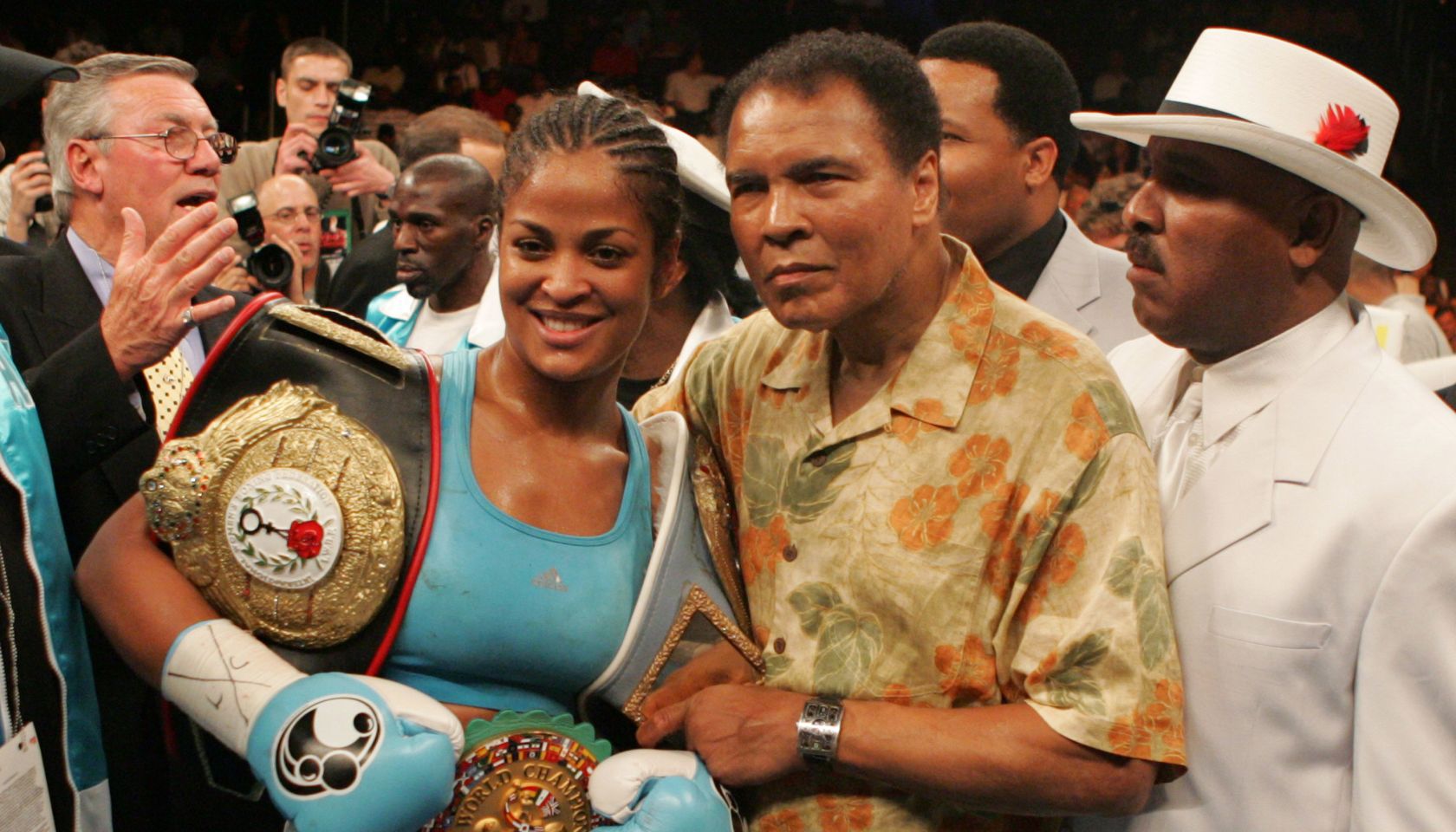Rod Blagojevich Compares Himself To Nelson Mandela, 'Political Prisoner'
Convicted Grifter Rod Blagojevich Compares Himself To Nelson Mandela: ‘I Am A Political Prisoner’
Friday night TV is back!
Or, at least this week it was when CNN‘s Anderson Cooper interviewed Rod Blagojevich, the disgraced former governor of Illinois and failed grifter who was recently freed from prison after being found guilty of trying to auction off Barack Obama‘s Illinois Senate seat to the highest bidder. Blagojevich had his prison sentenced commuted by Donald Trump on Tuesday following eight years behind bars that were apparently not spent reflecting on the errors in his ways that compelled a jury of his peers to find him guilty of a serious felony.
That seemed to be the truth during his interview with Cooper during which Blagojevich maintained his innocence in a case with indisputable evidence against him. When Cooper reacted in disbelief at what appeared to be Blagojevich’s arrogant lack of remorse for his crimes, the former governor doubled down with hyperbole that he presented as actual facts.
“You’re portraying yourself as a victim of persecution by prosecutors,” Cooper told Blagojevich, who was impeached and removed from his office in 2009 after being found guilty of corruption for soliciting bribes in exchange for being named to open political seats.
“I am a political prisoner,” Blagojevich responded just before Cooper cut him off to bring truth to light. Cooper told Blagojevich that Nelson Mandela was a political prisoner, not him, and the mere suggestion that the two men had anything in virtuous common was “offensive” to him. Cooper ran down the laundry list of ways in which Mandela and Blagojevich differed, especially as it related to the legal systems in racist apartheid South Africa and the United States.
Undeterred, Blagojevich continued, though.
“I bet you if you were to ask Nelson Mandela whether he thought the process was fair back in the early ’60’s in South Africa, he would say what I’m saying today,” he said before trying to backtrack on his ill-advised comparison to the first Black president of South Africa.
Watch it all unfold below.
What a time.
For the uninitiated, Nelson Mandela — known fondly by his clan’s name, Madiba — was nothing at all like Blagojevich. The South African native became the global symbol of human rights through his sacrifice and leadership against his country’s system of racial segregation and injustice, known as apartheid.
The world first took note of Mandela with his statement from the dock at the supreme court of South Africa in 1964, when he faced the death penalty. Mandela and other members of the African National Congress, a Black South African political party that fought for racial equality, were on trial for acts of sabotage against the white apartheid government. Mandela delivered his famous speech to the court, which ultimately sentenced him to life in prison. Mandela served most of that sentence in isolation at Robben Island Prison.
“During my lifetime I have dedicated myself to this struggle of the African people. I have fought against white domination, and I have fought against black domination,” a defiant Mandela said at the time. “I have cherished the ideal of a democratic and free society in which all persons live together in harmony and with equal opportunities. It is an ideal which I hope to live for and to achieve. But if needs be, it is an ideal for which I am prepared to die.”
Mandela was released from his life sentence in 1990, as the government faced increasing global pressure from governments and human rights activists who called on South Africa’s white government to end apartheid and free its most famous prisoner.
That’s a far cry from the picture that Blagojevich tried to finger-paint on CNN Friday night, to put it mildly.
SEE ALSO:
‘Misfit Black Girls’? Latest Misogynoir Attack Aims At Bernie Supporters
Who Is Quaden Bayles? Bullied Disabled Indigenous Australian Dwarf’s ‘Hoax’ Story Goes Viral
















